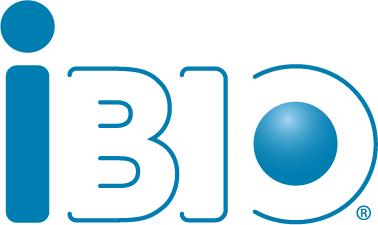The Illinois Biotechnology Innovation Organization (iBIO) believes the focus of the Illinois House Prescription Drug Affordability & Accessibility Committee is well intentioned relating to the legitimate concerns regarding access to affordable healthcare. However, we are opposed to any legislation that could result in damaging unintended consequences for patient access and investment in the local startup community.
There is a common misconception that prescription drug costs are set by pharmaceutical companies, and that by reducing or restricting manufacturers’ list prices, costs borne by patients will go down. But
in fact, the pricing of prescription medications is much more complex.
What patients pay for their prescription drugs is based on many factors, including the roles played by healthcare plans, employers, wholesalers, pharmaceutical benefit managers (PBMs) and other variables.
For example, pharmaceutical manufacturers provide discounts and rebates to PBMs that reduce list prices on brand-name drugs.
Last year, the U.S. Food and Drug Administration (FDA) approved for commercialization 59 novel new medicines, a 28% increase from 2017 and the most ever in a single year. During this incredible era of innovation, medicine prices grew just 1.5 percent in 2018, after factoring in negotiated rebates and discounts, according to “The Global Use of Medicine in 2019 and Outlook to 2023,” a new report from the world-renowned IQVIA Institute for Human Data Science.
Lowering drug costs sounds simple, but policies to control pricing can have unintended consequences, not the least of which is thwarting the vital research and innovations that save lives and manage chronic illness. Illinois is home to over 45,000 researchers, doctors, lawyers and business women and men in the biopharma industry who have an unwavering commitment to improving patient lives. And our companies make patient access to life-saving medications a high priority. Last year, Illinois-based companies helped over 400,000 patients receive the medication that they needed through their financial assistance programs for eligible patients.
The pharmaceutical and biologic companies are often portrayed as the bad guy in the healthcare story, but without the dedicated members of our industry, there is no story. People forget the years of work, effort and expertise required to cure disease, maintain good health and enhance patients’ quality of life. But we don’t. It is our dedication and mission every day. We call on our local elected officials to support policies that expand patient access while improving patient safety and promoting an innovative economy.
John Conrad is president and CEO of iBIO, the state trade association representing the 85,000 biopharma, medtech, and food & nutrition jobs in Illinois. Our membership ranges from global corporations to startup companies in the biopharma, medical device and nutrition industries.

